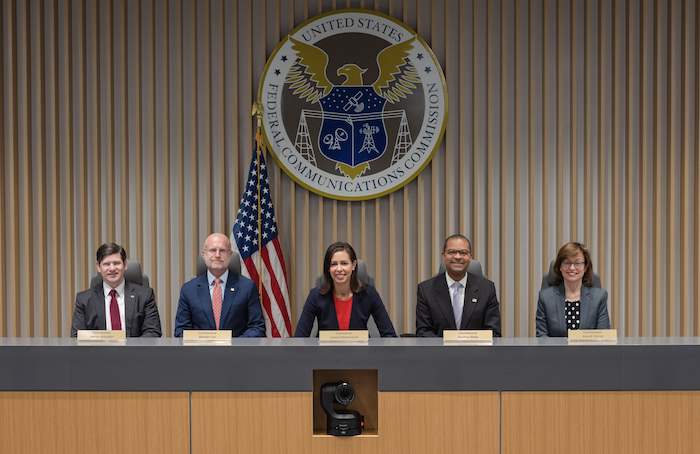The FCC yesterday approved rules that will require all U.S. wireless carriers to implement georouting for calls to the 988 Lifeline, a suicide prevention hotline. These rules will make it easier to route such calls to the 988 Lifeline’s local intervention services, FCC officials said. Instead of routing calls by the area code of where an individual’s phone originated, the change will route the call to the nearest cell tower while protecting the caller’s privacy.
Mental health and crisis counseling experts have long expressed that connecting callers with local crisis centers is important to connect those in need with life-saving public health and safety resources and enable them to speak with local counselors, according to the agency.
During the 5-0 vote, FCC Commissioner Brendan Carr recalled times he visited a 988 call center in Baltimore and South Dakota. Speaking of the workers, he said, “These are hard jobs. You are helping someone out in the darkest time of their life and the best part of the job is hearing from the people [that they’re] doing better.”
When the original Suicide and Crisis Lifeline was launched in 2005, most calls came from a landline, according to FCC Chairwoman Jessica Rosenworcel. “For so many people, the area code on our wireless phones no longer matches the place where we live. That means if you have a phone number from Maryland, but moved to California, and dialed 988 in crisis, you would still be routed to a center providing assistance in Maryland.”
Rosenworcel continued: “This is a mismatch we should fix. When georouting is used, wireless calls to 988 are routed to call centers based not on the area code but instead on the nearby towers that wireless calls use to connect. This provides a more accurate picture of a caller’s general location, while still protecting their privacy. More importantly, georouting means those responding to 988 inquiries have a lot more knowledge of local resources and events and are better equipped to assist the caller with getting the help they need.”
When the rules go into effect, nationwide wireless providers will have 30 days to implement georouting to the 988 Lifeline. Smaller, non-nationwide providers will need to implement the change within 24 months.
In addition, Thursday’s action will revise the Commission’s existing 988 voice and texting rules to allow for routing of 988 calls and texts to the 988 Lifeline without the need for translation to a toll-free number.
The Commission also approved a proposal to require covered text providers, including wireless carriers, to provide georouting data for 988 text messages. The proposal suggests an implementation deadline of six months from the effective date of final rules for text providers to comply.
“As a steadfast supporter of 988, CTIA is proud of its member companies that have stepped up to voluntarily bring georouting capabilities to wireless 988 callers across the nation,” said CTIA SVP Regulatory Affairs Scott Bergmann. “The wireless industry supports the FCC and National Suicide Prevention Lifeline’s mission and understands the importance of providing georouting data so that the Lifeline can route calls to geographically appropriate crisis centers that correspond with the location of the caller, while also protecting the caller’s privacy. Today’s action marks another important milestone in our country’s efforts to prevent suicide and expand access to vital mental health services, ensuring that those in crisis are connected to local life-saving services and information when it’s needed most.”
By Leslie Stimson, Inside Towers Washington Bureau Chief





Reader Interactions